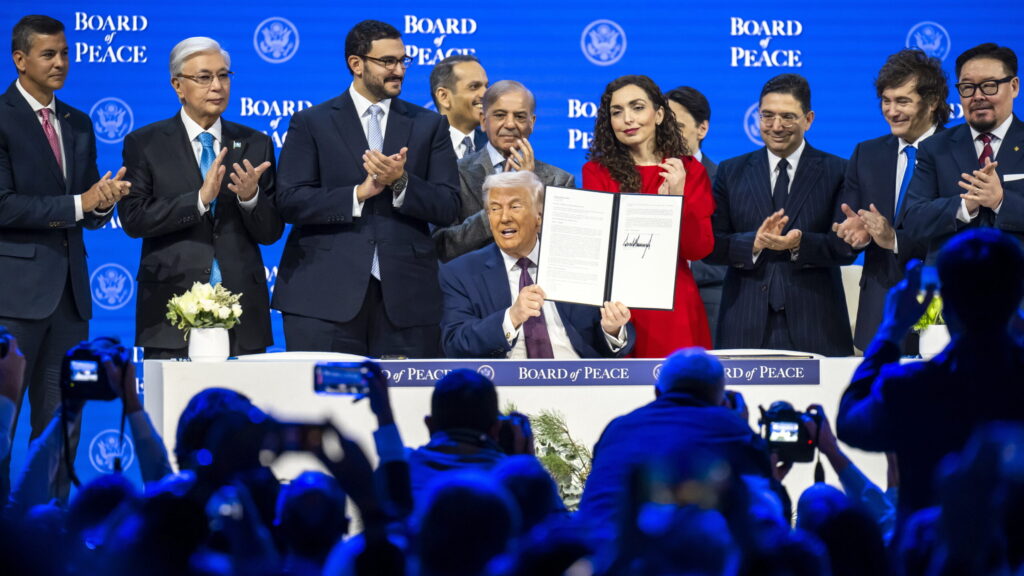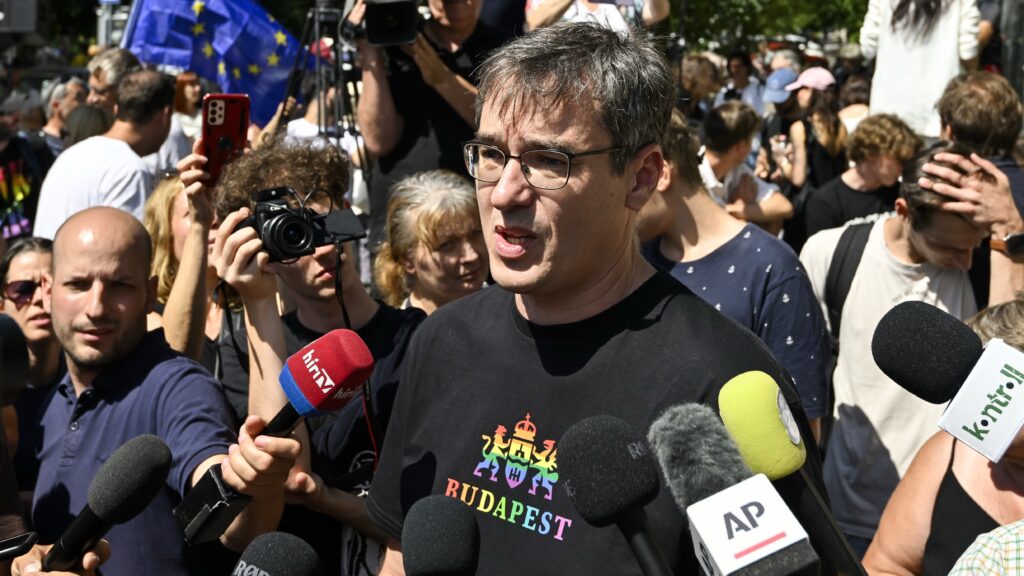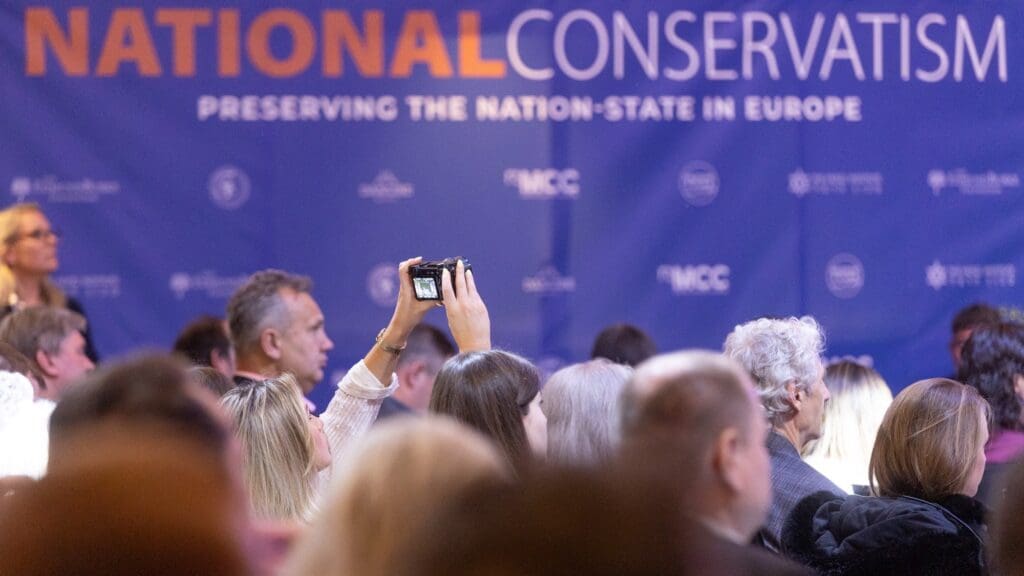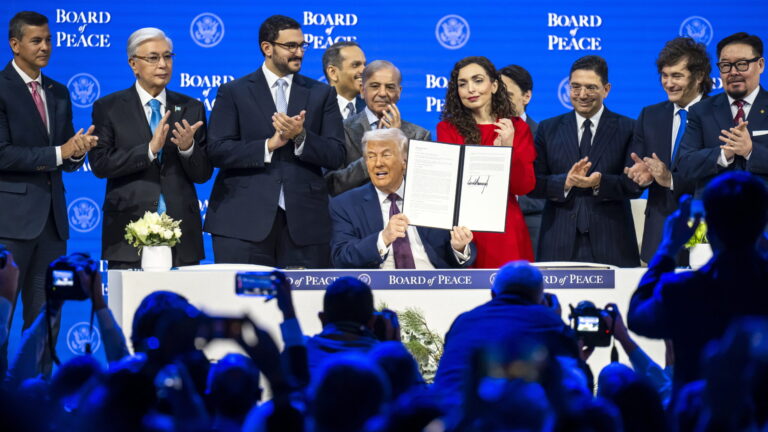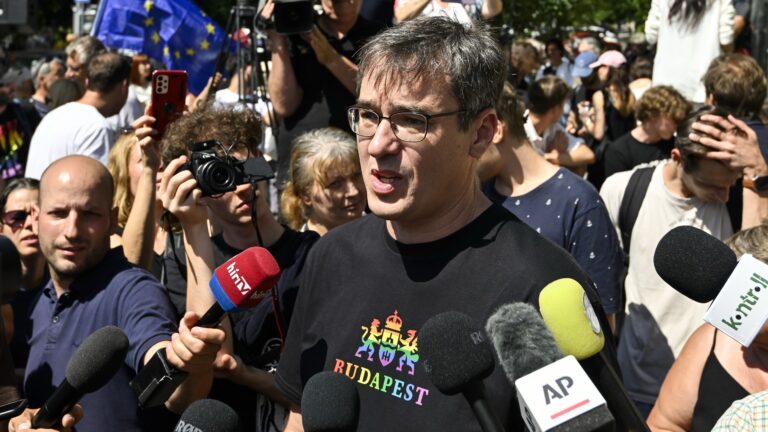During his regular Friday morning interview on public Kossuth Radio, Hungarian Prime Minister Viktor Orbán stressed Hungary’s firm opposition to Ukraine’s EU accession and accused Brussels of conspiring with pro-Ukraine forces to undermine Hungary’s sovereignty. He warned that the EU and Kyiv are working together to impose a puppet government on Hungary, one that would align with their geopolitical agenda and shift Hungarian foreign policy in favour of Ukraine.
‘Don’t be mistaken—Tisza and the Democratic Coalition stand clearly with Ukraine,’ he said, referring to Hungary’s opposition parties.
He accused Brussels of making Ukraine the top issue in international politics and said the EU bureaucratic machinery, with over 30,000 staffers, exerts enormous pressure on member states to support accession talks. Hungary, he asserted, will resist this pressure and push instead for a ceasefire and strategic agreements with Russia.
Orbán framed the recent controversy around former Chief of Staff Romulusz Ruszin-Szendi as a matter of national security rather than politics. He linked the issue to broader debates about Ukraine’s potential EU accession and Hungary’s stance within European politics. According to Orbán, the core of the Ruszin-Szendi affair lies in the general’s repeated use of the phrase ‘Slava Ukraini!’ at NATO meetings—a gesture the prime minister views as evidence of foreign influence infiltrating even the highest levels of the military. ‘This is a national security issue,’ he stated, adding that Ukraine’s EU candidacy is the real political fault line in Europe today.
Orbán pointed to the ongoing ‘Voks 2025’ public consultation as a tool to back Hungary’s position on Ukraine. According to him, Ukraine’s EU membership would drain Central Europe of resources. ‘What people have, they would lose,’ he warned, arguing that Ukraine would absorb funds meant for Hungarian citizens.
Turning to domestic topics, the prime minister contrasted Hungary’s political stability with that of Poland, where liberal and patriotic forces are clashing. He blamed foreign influence and past corruption scandals for the opposition’s disarray in Hungary.
Orbán also criticized Budapest’s city leadership for planning a symbolic ten-minute shutdown of public transport. He labelled it as leadership failure and described the capital’s administration as disorganized, corrupt, and ineffective. ‘Budapest receives more from the state than it gives back,’ he added, noting a recent 40 billion forint subsidy for tram purchases.
Finally, he addressed the growing drug crisis in Hungary, noting the spread of cheap designer drugs that now undercut the price of alcohol. He called it a ‘wildfire-like infection’ driven by profit and harming poor families. The government has seized large quantities of narcotics and assets, and recently approved further funding to expand anti-drug operations. Orbán emphasized the need for strong language and action: ‘Drug dealers are killing our children.’
Related articles:


